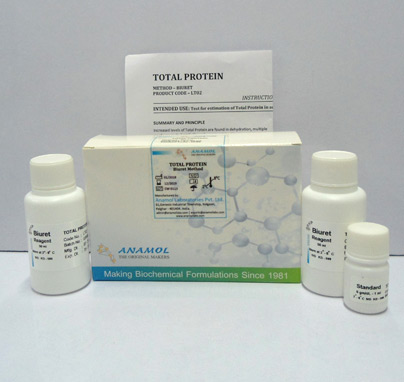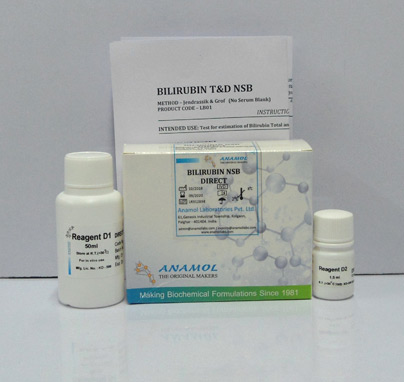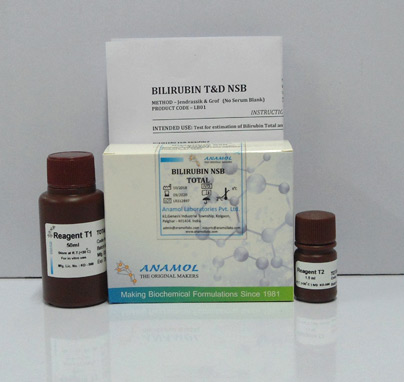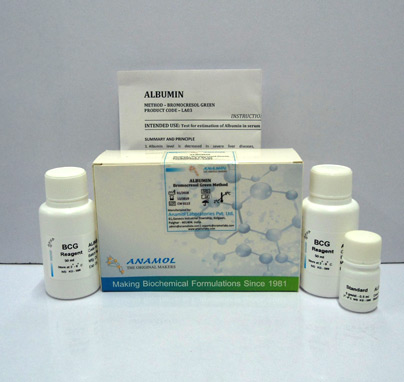Clinical Chemistry Proteins
Blood proteins, also termed plasma proteins, are proteins present in blood plasma. They serve many different functions, including transport of lipids, hormones, vitamins and minerals in activity and functioning of the immune system. Other blood proteins act as enzymes, complement components, protease inhibitors or kinin precursors. Contrary to popular belief, haemoglobin is not a blood protein, as it is carried within red blood cells, rather than in the blood serum.
This special issue of Clinical Chemistry is devoted to recent developments in the diagnostic application of protein analysis. Proteins have been used as diagnostic markers for disease for more than 150 years— from the development of tests for urinary albumin as an indicator of kidney disease by Bright in 1827 and the first tumor marker, immunoglobulin light chains in urine associated with multiple myeloma, by Bence Jones in 1845. Over the succeeding years, the number of proteins analyzed for diagnostic purposes (2) has gradually increased until, at present, we analyze more than 200 different proteins in serum or plasma, as summarized by Anderson in the present issue (3), and many additional proteins as cellular markers for flow cytometry, red cell antigens, or tissue antigens.
Others Include:
- Apolipoprotein B
- Apolipoprotein A
- Antistreptolysin O (ASO)
- Complement C3
- complement component 4 (C4)
- C–reactive protein (CRP)
- Cystatin C
- Ferritin
- Glycohemoglobin/HBA1
- Hemoglobin
- Homocysteine
- Immunoglobulins A,G & M
- Rheumatoid factors
- Transferrin




